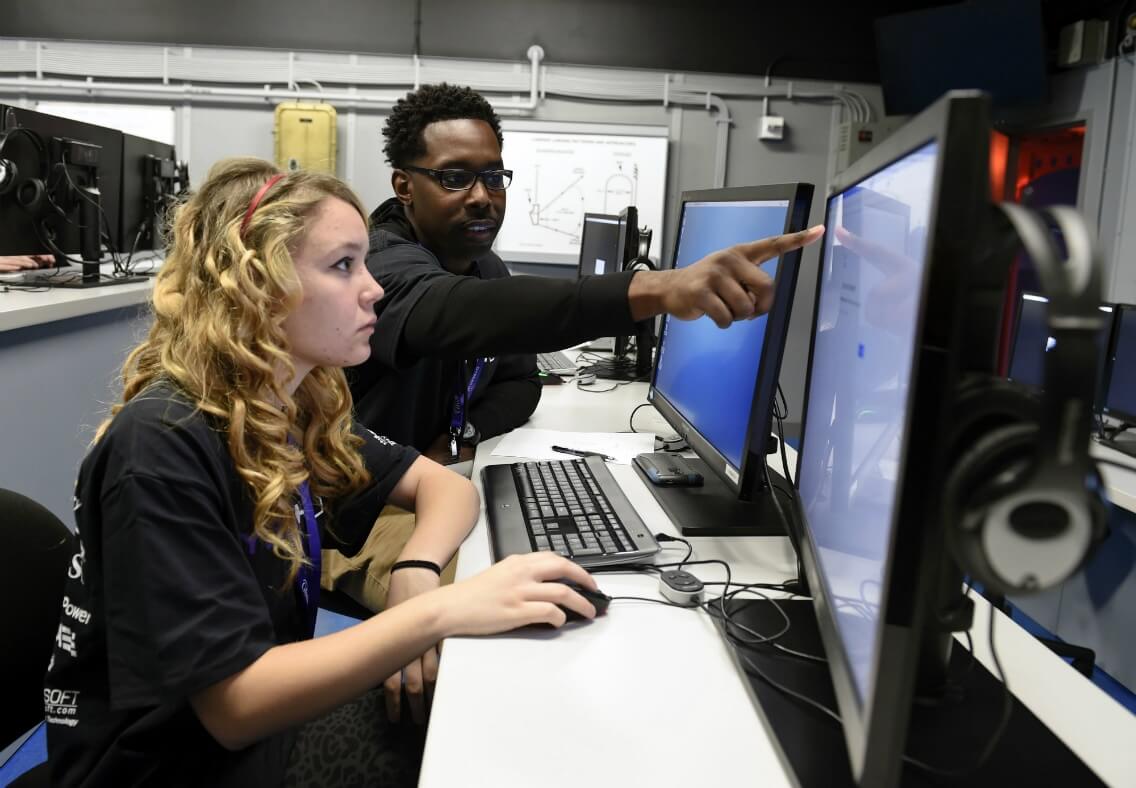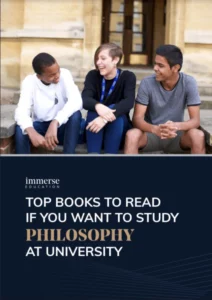Home › Essay Competition › Essay Competition Winners › 2019 Tech Essay Competition
2019 Tech Essay Competition

Table of Contents
Why should young people be interested in technology and how can it benefit society?
The evolution of technology can positively enhance and benefit the youth of the future. Young people should be interested in technology because it can shape their future and environment. Technology can contribute to solving environmental sustainability and economic issues impacting young people, and the society they live in. In addition to this, technology can change future lives for better, or for worse.
First, technological advancements may solve deteriorating issues regarding environmental sustainability. Renewable eco-friendly technological developments, such as solar energy, hydroelectric energy, and vehicle electrification, have helped resolve sustainability issues with minimal pollution. According to the Congressional Research Service, transportation currently contributes to 36% of all CO2 emissions. However, electrification projections estimate that electric vehicles will reduce the total emissions from cars and vans from 64-93% by 2050. Decreasing today’s carbon footprint will help preserve the environment for future generations.
Next, technology will fuel job and wealth creation for both young people and society overall. People in STEM-related jobs (science, technology, engineering, and mathematics) are shown to earn higher wages due to their high productivity and contribution to innovation. The U.S. Department of Commerce states that people with STEM jobs earn 29-39% more per hour. In addition, there is a higher demand for people with STEM backgrounds, resulting in higher employment. According to the U.S. Bureau of Labor Statistics, overall employment is projected to grow by 7.4% from 2016-2026, relative to the 13.7% estimated growth for STEM jobs. Due to the role that technology plays in everyday life, jobs associated with technology have a higher demand and wages because of the importance of the jobs.
Lastly, the decisions that young people make with artificial intelligence (AI) can determine the path of human evolution. AI has incredible potential, but if put into the wrong hands, can threaten the safety of many. AI hasn’t fully developed working cognitive and ethical skills, and if applied to autonomous weapons with the single command to inflict damage, it can pose global scale risks.
The manipulation of target marketing in social media by artificial intelligence is another threat that AI poses. The 2016 U.S. presidential election was possibly an example of the power of AI and its control with social manipulation. In comparison, artificial intelligence also has the power to enhance life. Artificial intelligence in automation, for example, can improve efficiency and productivity, which can help manufacturing and production. In another situation, the successful integration of AI with humans could result in enhanced cognitive and problem-solving skills.
As Bill Gates said, artificial intelligence should be watched closely, but the advantages of artificial intelligence can outweigh the disadvantages and threats if done so properly. The young people of the future have this weight on their shoulders; will they contribute to a society with further integrated technology, or will they watch society turn into a dystopia?
Technology has the power to change the lives of youth, and the state of the environment. The ending results of this change, however, are predominantly dependent on the young people of today.
Why Apply To The Immerse Education Essay Competition?
Are you a highly motivated student aged 13-18? Have you ever wanted to experience studying in Cambridge or Oxford?
The Immerse Education essay competition allows you the chance to submit an essay for the chance to be awarded a scholarship to the award-winning Cambridge summer school.
How To Apply To The Immerse Education Essay Competition?
The Immerse Education annual essay competition is a once-in-a-lifetime opportunity to win a scholarship to a Cambridge or Oxford summer school.
If you’re aged 13-18 and you’re interested in applying to the Immerse Education essay competition then please visit our essay competition page for more details.
References
Delgado, Anthony. “Three Impacts Of Artificial Intelligence On Society.” Forbes, Forbes Magazine, 13 June 2018, www.forbes.com/sites/forbestechcouncil/2018/06/13/three-impacts-of-artificial-intelligence-on-society/#7246824b6ec0.
“Employment Projections: 2016-26 Summary.” U.S. Bureau of Labor Statistics, U.S. Bureau of Labor Statistics, 30 Jan. 2018, www.bls.gov/news.release/ecopro.nr0.htm.
Mammen, Taylor, and Ryan Guerdan. “2019 STEM Job Growth Index.” RCLCo Design, 31 Jan. 2019,
www.rclco.com/publication/2019-stem-job-growth-index/.
Marr, Bernard. “Is Artificial Intelligence Dangerous? 6 AI Risks Everyone Should Know About.” Forbes, Forbes Magazine, 14 Mar. 2019, www.forbes.com/sites/bernardmarr/2018/11/19/is-artificial-intelligence-dangerous-6-ai-risks-everyone-should-know-about/#3f47fa602404.
McKendrick, Joe. “Beyond STEM: Why AI Demands Higher-Level Skills.” Forbes, Forbes Magazine, 20 Sept. 2018, www.forbes.com/sites/joemckendrick/2018/09/20/beyond-stem-why-ai-demands-higher-level-skills/#158820f42c0f.
U.S. Carbon Dioxide Emissions in the Electricity Sector: Factors, Trends, and Projections. Congressional Research Service, 7 Jan. 2019, fas.org/sgp/crs/misc/R45453.pdf.
“Renewable Energy vs Air Pollution.” Northvolt, northvolt.com/renewable-energy-vs-air-pollution/.
Subscribe to the Immerse Education newsletter for £100 off your programme*
We will send you updates and the latest news about our company. Sign up for free by filling out the form.
















 Русский (RU)
Русский (RU) Українська (UK)
Українська (UK) Türkçe (TR)
Türkçe (TR) Italiano (IT)
Italiano (IT) Français (FR)
Français (FR) Português (PT)
Português (PT) 中文 (中国) (ZH)
中文 (中国) (ZH) Español (ES)
Español (ES) 日本語 (JA)
日本語 (JA) ไทย (TH)
ไทย (TH) Deutsch (DE)
Deutsch (DE) Ελληνικά (EL)
Ελληνικά (EL) Polski (PL)
Polski (PL) Bahasa Indonesia (ID)
Bahasa Indonesia (ID) Nederlands (NL)
Nederlands (NL) العربية (AR)
العربية (AR) 한국어 (KO)
한국어 (KO)